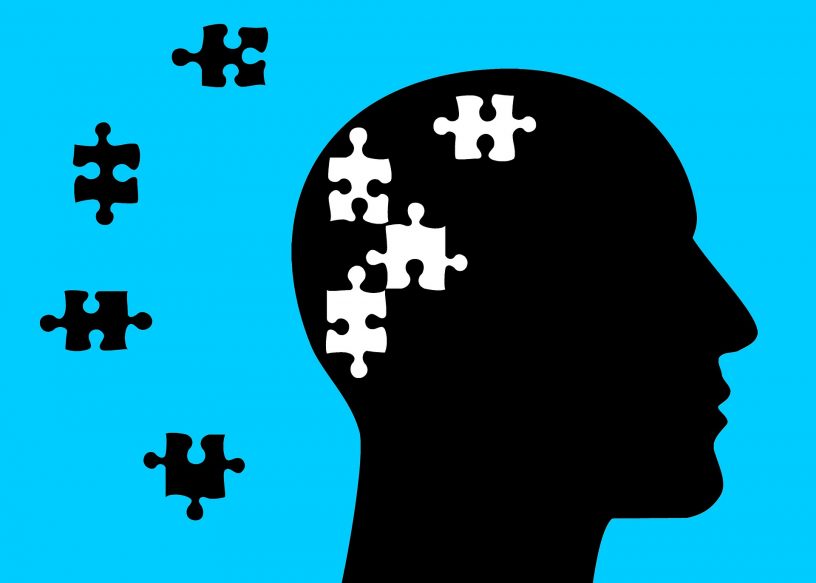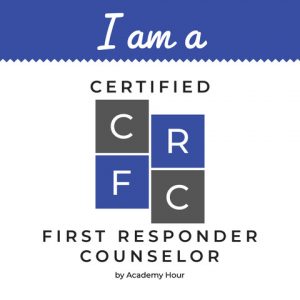Do you struggle with being emotionally intelligent, despite knowing its importance in your personal and professional relationships? If so, you’re not alone. There are several reasons why being emotionally intelligent is easier said than done, and it’s important to understand these barriers so that you can develop this valuable skill.
One of the primary factors that can hinder emotional intelligence is past trauma. If you’ve experienced trauma in your life, it can leave deep emotional wounds that make it challenging to regulate your emotions effectively. Your brain may become wired to respond in a hyper-vigilant, defensive manner, which can interfere with your ability to empathize with others and connect with them emotionally. Additionally, trauma can make you more prone to negative emotions like anger, fear, and anxiety, which can interfere with your ability to communicate constructively and resolve conflicts.
Another barrier to emotional intelligence is your upbringing. Your early experiences with caregivers shape your emotional development, and if you grew up in an environment where emotions were ignored, dismissed, or punished, you may struggle to understand and regulate your own emotions as an adult. For instance, if expressing sadness was seen as a sign of weakness in your family, you may find it hard to be vulnerable and empathetic towards others.
Mental health challenges like anxiety and depression can also impact your emotional intelligence. These conditions can affect your mood, energy levels, and cognitive functioning, which can interfere with your ability to regulate your emotions and respond to others in a thoughtful, empathetic way. For example, if you experience a panic attack or intense feelings of sadness, it may be hard to focus on the needs of others and respond to their emotions in a sensitive way.
It’s important to recognize that emotional intelligence involves a range of skills and abilities, including regulating your emotions effectively, managing stress, communicating assertively, and building strong relationships. Developing these skills takes time, practice, and patience, and it’s normal to struggle with one or more aspects of emotional intelligence at different points in your life.
While being emotionally intelligent is easier said than done, the good news is that these challenges mentioned above are challenges that can be worked through! With self-awareness, support of a good therapist, and a commitment to growth and development, it’s possible to overcome these barriers and cultivate greater emotional intelligence in every aspect of your life. By doing so, you can enhance your personal and professional relationships, communicate more effectively, and lead a more fulfilling life.
Ready to learn more about your emotional intelligence? Schedule your assessment today!







